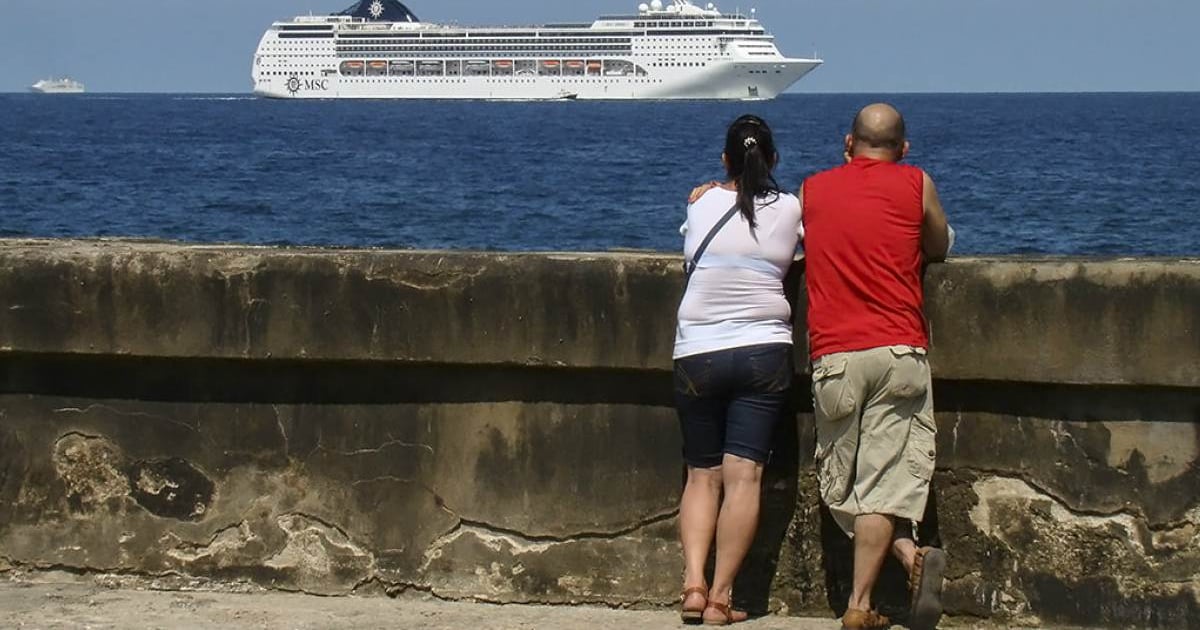For the first time since 1990, the United States has excluded Cuba from the list of countries eligible to participate in the 2026 Diversity Visa Program (DV-2026) due to high immigration rates reported over the past five years. The government opened the application process this Friday, with the registration link available from October 5 to November 9, 2024. However, it clarified beforehand that "with the exception of Cuba, which is not eligible for DV-2026, there were no changes in eligibility compared to the previous fiscal year."
Cuba had been one of the primary beneficiaries of the program, leading Latin American and Caribbean countries in the number of winners. However, similar to Venezuela, which was excluded in 2022 due to high immigration rates over a five-year period, Cuba has now been left out. Around twenty countries with high immigration rates to the United States are ineligible for the lottery, which has granted approximately 55,000 immigrant visas worldwide since 1990.
Historical Context of Cuba's Visa Lottery Participation
A statistical technicality had previously allowed Cuba to avoid being listed among ineligible countries. The 20,000 annual visas established under the 1994-1995 agreements between Havana and Washington were recorded under a Department of Homeland Security (DHS) exception and did not count towards the limits set by the Department of State. However, the island has experienced the largest migration wave in its history, with thousands legally leaving under the humanitarian parole initiative implemented by President Joe Biden.
Impact of Exclusion on Cuban Applicants
In previous calls for applications, Cubans have consistently exceeded 100,000 annual submissions for Diversity Visas, with a record 362,368 entries in 2016. The highest participation rate was reported in 1999, with over 800,000 entries. Over the past decade, more than 15,000 Cubans have benefited from the Visa Lottery.
